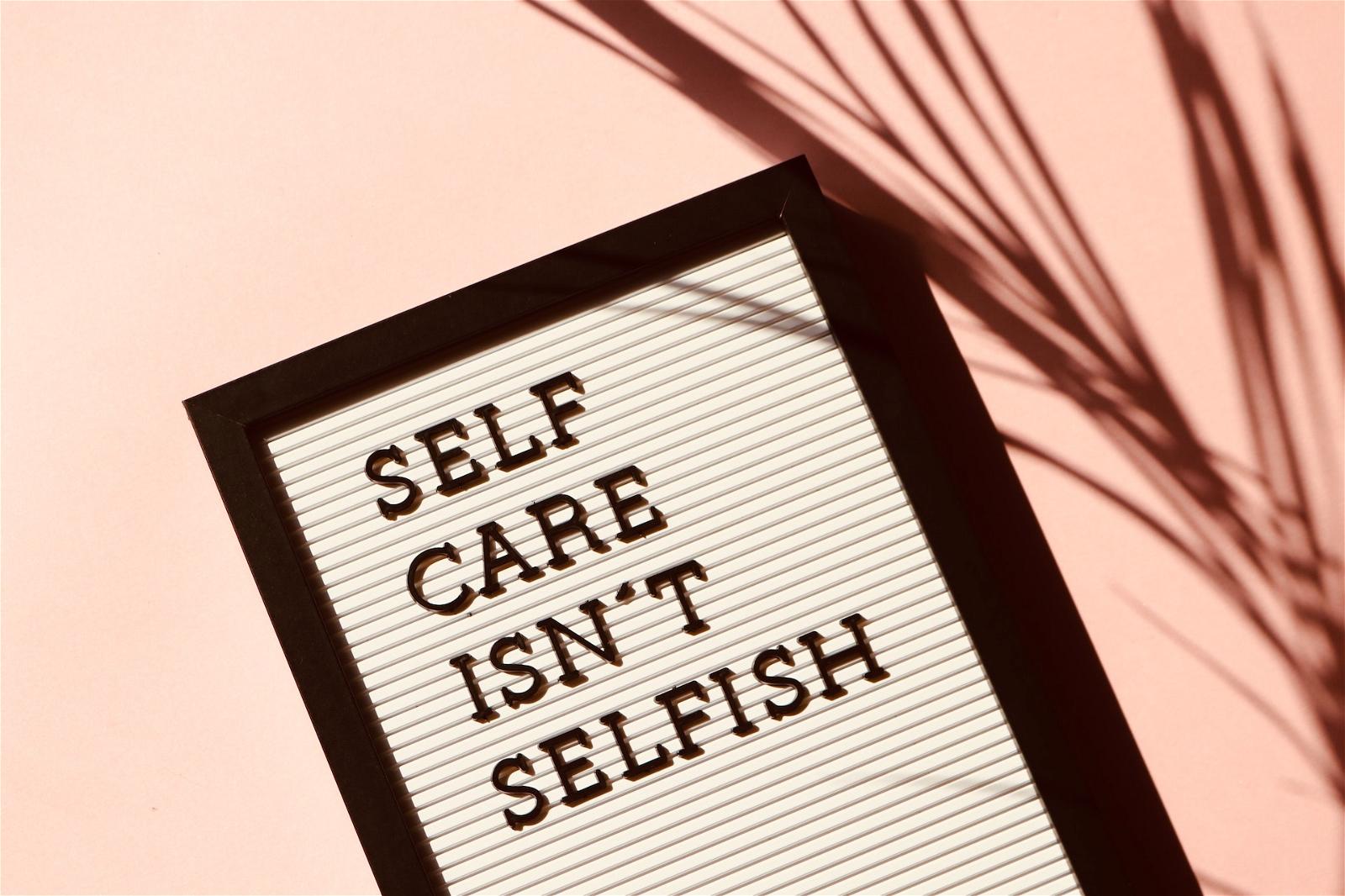We have come a long way in terms of talking about mental health, but there’s work to do. Many of us still focus on our bodies when we think about health. The truth is that our minds are equally important. If you’ve been neglecting your mental health, or you’re keen to be more proactive in championing well-being, here are some practical ways to make mental health a priority.
Make time for hobbies and interests
One of the simplest and most effective ways to boost mental health is to adjust your schedule to make time for hobbies and interests. Many of us work long hours and we don’t take the time we need to decompress and have fun. Set aside time during the evenings or weekends to explore new hobbies or pursue passions. From hiking, climbing and cycling to painting, photography, cooking, singing and writing music, it’s essential to balance your working hours with time to relax and enjoy yourself. Having a hobby is a brilliant way to de-stress and manage your emotions and it can also help you meet people and make new friends.
Think about what makes you happy
This may seem like an obvious point, but have you ever actually stopped to think about what makes you feel happy? In the age of social media, it’s easy to get carried away with fads and trends, but we are all unique. Rather than worrying about what makes you look like you’re having fun or trying to follow in the footsteps of others, focus on what brings you joy and happiness. We don’t all want to be at a club every Saturday night or brunching with a huge group of people on a Sunday morning. If you’d rather go for a long walk in a forest, plan a spontaneous solo city break, or spend your Friday night tucked up on the couch with a movie and your partner or pet, do what makes you happy. Pinpoint the activities, people or places that bring you deep contentment and make more time for them. This could be spending time with friends and family members, traveling, being outside in nature, being creative, doing sports or volunteering, for example.
Understand the difference between emotions and signs of mental illness
Mental illnesses are often difficult to diagnose because there’s a gray area between natural emotions and reactions and signs of mental health conditions, and the symptoms aren’t always obvious. Everybody has days when they feel down or they lack motivation, energy and enthusiasm. Most of us feel anxious if we’ve got a big day ahead at work, we’re waiting for test or exam results or we’re in a scary situation or environment. It is healthy to experience natural responses and emotions in certain scenarios. What’s not healthy is prolonged periods of feeling sad or lethargic and experiencing negative emotional responses at times when most other people would feel calm and relaxed. If you notice a change in your mental health, or you’re worried about symptoms you’re experiencing, it’s important to seek advice.
There are many ways to get help, including contacting charities that specialize in mental health, talking to friends or relatives, making an appointment with your doctor, organizing a virtual visit or seeing a therapist. There are lots of treatment options, including self-help techniques, medication and talking therapies. It’s crucial to remember that there is no shame in seeking help or reaching out. Being open can help you to find the support you need and break down barriers within your social circle and wider society.
Recognize triggers
Most of us know that skipping workouts regularly, eating junk food and not getting enough sleep will affect our bodies, but do you know what impacts your mind? For many of us, there are triggers that can exacerbate existing symptoms or affect our moods. This may include spending time with certain people, going to specific places, changing our lifestyle habits, or scrolling through social media, for example. Once you can identify and recognize triggers for emotions like anxiety or sadness, you can make a concerted effort to avoid or minimize exposure to them. Reduce your screen time or stop following certain accounts on social media. Make sure you have time for a walk in the fresh air every day. Learn to say no to social events if you’re not in the mood or you don’t feel like you can cope with a big group gathering. Limit contact with friends or acquaintances that make you feel uneasy.

Embrace self-care
Self-care may seem like a social media buzzword or trend, but it can play an important role in promoting good mental health. Self-care is about looking after your body and mind and helping to prevent signs and symptoms of mental and physical illnesses. Try to embrace self-care as best you can. Exercise regularly, spend time outdoors, eat a healthy, balanced diet and make sure you get enough sleep. Schedule time out for socializing and hobbies, spend time with people who make you feel amazing and try to protect yourself from stressors. Take simple steps to boost your mood. This may include stretching in the morning, listening to uplifting music, going for a walk to hear birdsong, reading a book or writing in your journal. Small changes can make a big difference.
When we talk about health, we tend to focus on our bodies. We have come a long way, but there is still a lot of distance to cover in terms of being open about mental health and recognizing the importance of looking after our minds. Try to make mental health a priority. Make time for hobbies and interests, think about what makes you feel happy and calm and reach out and seek help if you need advice, or you’re worried about your mental well-being. Embrace self-care, learn to identify triggers and talk about how you feel. Use coping mechanisms to manage stress and lift your mood and be proactive in preventing stress. We all have mental health and we can protect our minds in the same way as we do our bodies.






